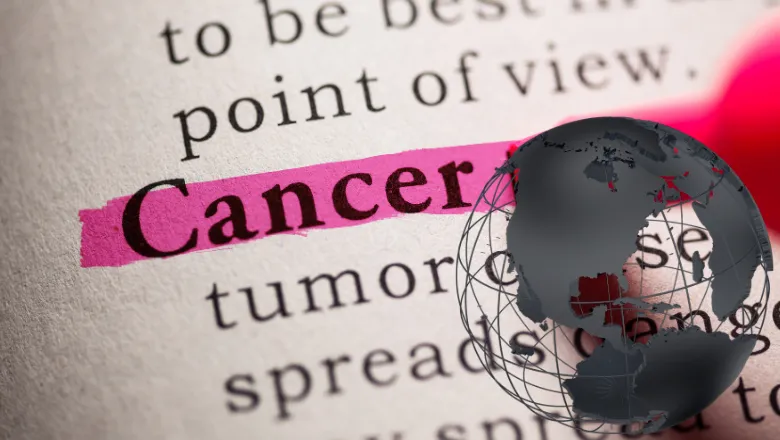Randomized clinical trials remain the most powerful tool to change clinical practice and improve outcomes of patients with cancer. While important advances come from trials in high-income countries, if we want to make an impact globally we need to learn from the important work that is coming from our colleagues in low-middle income countries. But there is a major deficit in support for cancer trials in LMIC and this needs to be urgently addressed.
Professor Richard Sullivan, Cancer & Global Health, King's College London
29 January 2021
New study suggests cancer research efforts do not match global burden of the disease
Researchers from the School of Cancer & Pharmaceutical Sciences in collaboration with Queen’s University in Canada have conducted a new study, revealing that the current efforts in the realm of cancer research do not match the global burden of deaths caused by the disease.

The study, involving Professor Richard Sullivan and Dr Ajay Aggarwal, reviewed every randomised controlled trial (RCT) in cancer published between 2014 and 2017. The cohort of 694 RCTs was predominantly led by oncologists in high-income countries and funded by the pharmaceutical industry. The trials disproportionality represented breast cancer although other cancers, including cervix and pancreas, which were under-represented in this study, account for a substantial proportion of cancer deaths.
RCTs from low-middle income countries were less likely to be funded by the pharmaceutical industry and more likely to identify new treatments that offer substantial benefits to patients. However, clinical trials from these countries were published in lower impact journals.
The findings demonstrate that the RCT landscape is dominated by investigators in high-income countries and predominantly funded by the pharmaceutical industry.
The team of researchers stress that policy makers, researchers and medical journals need to address these challenges with a range of measures, including building global capacity in clinical trial capability and capacity as well as promoting a research culture that values learning from different health systems.
The lack of RCT taking place in and led by in LMIC colleagues is a serious barrier to achieving universal health coverage for cancer patients.

